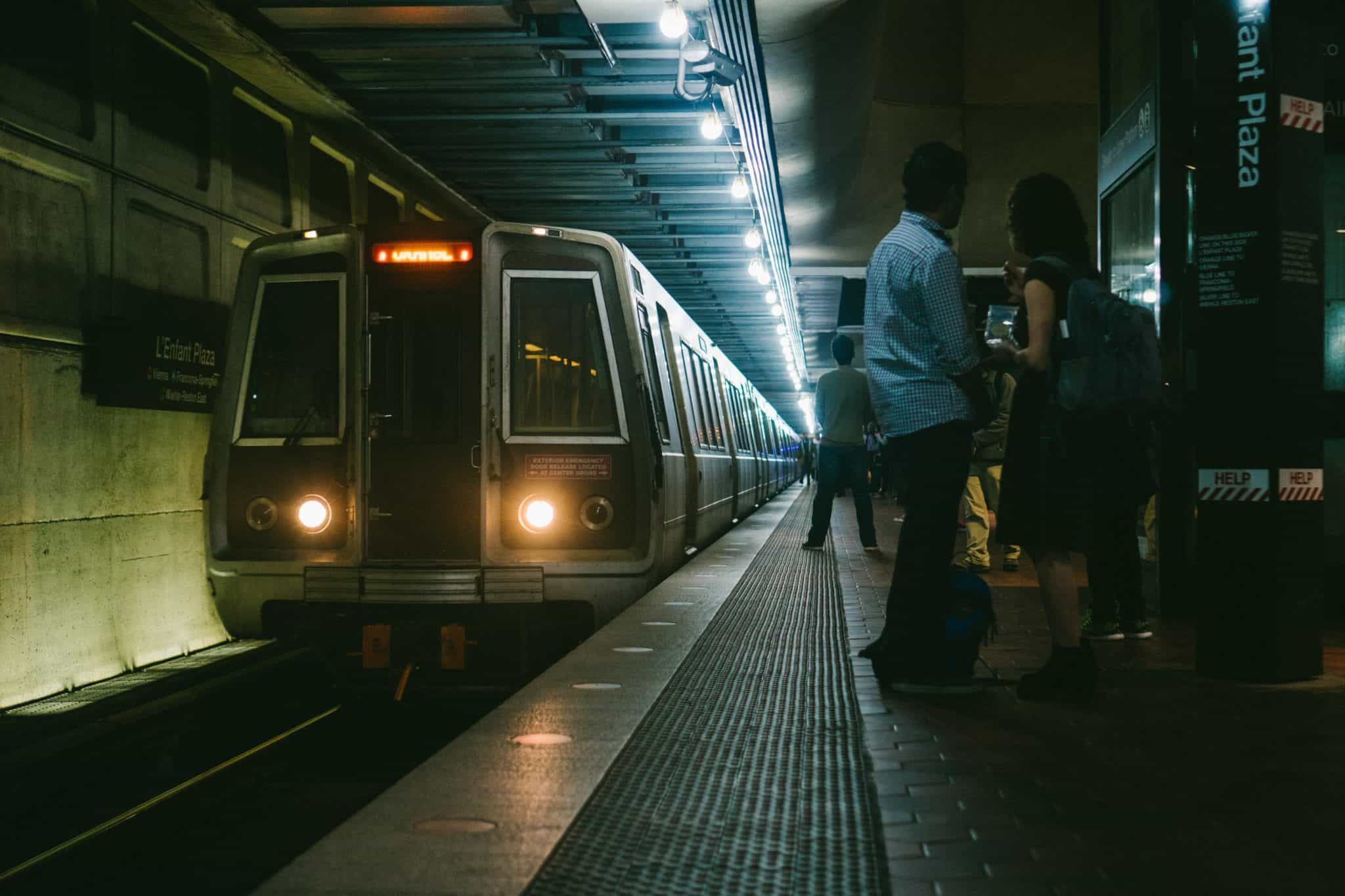Deanna Krokos is a student at Harvard Law School
The novel coronavirus, or covid-19, stands to pose broad and varied challenges for the global economy. This week, several stories focused on the impact an outbreak can have on workers. The Atlantic focused on the way the “culture of the American workplace puts everyone’s health at unnecessary risk” if the virus has a serious spread in America. Although prevailing advice suggests that people experiencing covid-19’s relatively commonplace, flu-like symptoms should stay home and rest, the U.S. does not guarantee paid sick leave to workers, leaving them vulnerable to financial difficulties or termination if they don’t show up. NPR interviewed several airport workers who worry that they are not getting the training or protection they need for working in such a high-volume, high-contact environment. The situation is even worse for gig economy workers classified as “independent contractors,” who are not covered by state or local legislation that guarantees some protections in certain areas. Although service industry and gig economy workers are least likely to have paid leave protections or employer-sponsored medical insurance, their jobs are most likely to require frequent contact with customers or handling food. But Vox adds that for low-wage workers, missing days of work can threaten the ability to afford basic economic necessities, creating a strong incentive against following doctor’s orders.
This weekend, the New Yorker published a piece by Steven Greenhouse that featured “The Faces of a New Union Movement,” examining new organizing movements by workers throughout the economy. The piece highlights the trend toward workers focusing their efforts “in sectors with little or no tradition of unions,” like political campaigns, smaller companies, and the gig economy. Greenhouse partnered with photographer Chris Buck to share images of these new organizers, who say they are “just trying to secure dignified work.”
J. David Cox, the President of the American Federation of Government Employees (AFGE) has resigned amid allegations of sexual harassment. AFGE represents the largest number of federal employees throughout different agencies. In October, Cox took a leave of absence while an outside investigator hired by the union investigated the numerous still-emerging claims against him.






Daily News & Commentary
Start your day with our roundup of the latest labor developments. See all
February 15
The Office of Personnel Management directs federal agencies to terminate their collective bargaining agreements, and Indian farmworkers engage in a one-day strike to protest a trade deal with the United States.
February 13
Sex workers in Nevada fight to become the nation’s first to unionize; industry groups push NLRB to establish a more business-friendly test for independent contractor status; and UFCW launches an anti-AI price setting in grocery store campaign.
February 12
Teamsters sue UPS over buyout program; flight attendants and pilots call for leadership change at American Airlines; and Argentina considers major labor reforms despite forceful opposition.
February 11
Hollywood begins negotiations for a new labor agreement with writers and actors; the EEOC launches an investigation into Nike’s DEI programs and potential discrimination against white workers; and Mayor Mamdani circulates a memo regarding the city’s Economic Development Corporation.
February 10
San Francisco teachers walk out; NLRB reverses course on SpaceX; NYC nurses secure tentative agreements.
February 9
FTC argues DEI is anticompetitive collusion, Supreme Court may decide scope of exception to forced arbitration, NJ pauses ABC test rule.